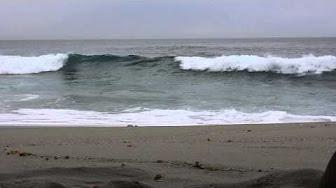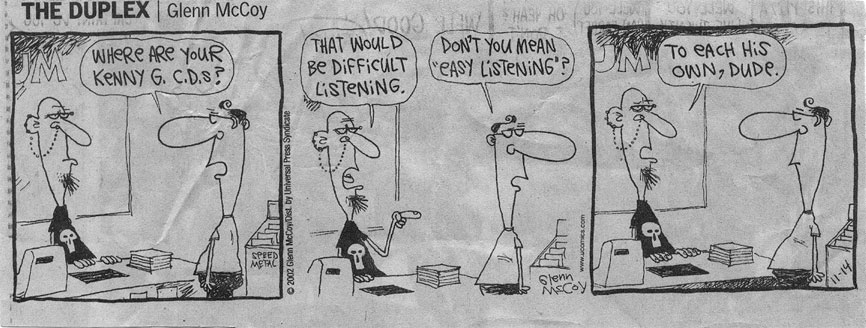|
Richard Jernigan -> RE: Sabicas's Advice to Non-Spaniards Playing Flamenco Guitar (August 1982 Interview by Paul Magnussen (Jan. 16 2017 20:54:16)
|
I think the "flamenco atmosphere" is a moving target.
Spain is a very different country now than when I first visited in the late 1950s-early 1960s, and it was a very different country then than it had been a decade before.
Even though the late 1940s were a decade past the end of the Civil War, Spain was still backward, isolated and very poor. For example, neither washing machines nor sewing machines were produced in the country. To get one it had to be imported, and they were well beyond the economic reach of the great majority of the population.
In rural Andalucian towns and villages few houses had running water. Large numbers of people were literally starving.
In the late 1940s-early 1950s Franco opened the borders to foreign tourists. He accepted a loan from the IMF, which led to control of the economy being taken from the hands of veteran Fascists and given to more skilled administrators. Waves of money began to wash across the country. Still the general population profited very little. As usual, the rich got richer, while the poor still suffered. But at least there were new, slightly better paying jobs building the apartment complexes in the cities and the beginnings of the "Great Wall of Andalucia" along the Costa del Sol, and tending bar or waiting on tables for the foreigners.
By the time I first visited, tourism was fairly well established. There were good hotels, bars and tablaos in major cities. The flamenco artists of that era--Caracol, Mairena, Niño Ricardo, Rafael Romero, Perico el del Lunar, Aurelio Selles, Pericon de Cadiz, etc.--were experiencing unparalleled prosperity, but they had been shaped by, and vividly remembered the horrors of the Civil War, the years of starvation in the aftermath, and the repression of the gitanos by the Fascists.
Sabicas was born in Pamplona, one of the least "flamenco" cities in Spain, and lived there until he was brought to Madrid by his father somewhere around age 10. His early toque was mostly stuff he had copped from Ramon Montoya records. He was certainly immersed in the professional "flamenco atmosphere" of Madrid at an early age. He left left Spain at age 24 with Carmen Amaya's troupe in the first year of the Civil War, and prospered mightily during their long run in Buenos Aires. Amaya's family, fearing his potential influence over their meal ticket as her lover, forced him out of her entourage. He lived in Mexico for several years, then moved to New York City some time in the 1950s. Amaya went on to world wide stardom and Hollywood.
There were flamenco "scenes" both in Mexico and in New York. Manolo Caracol had a night club in Mexico City that featured a stream of Spanish artists, as did the club Zambra in New York. There was a sizable Spanish expatriate communty in Mexico City, who had fled Franco. But the ones I met were hardly flamencos. They were small business men and professionals, who could afford the ocean liner tickets to take their families out of Spain. Still I suppose one could say that Sabicas spent a fair amount of his time immersed in a flamenco atmosphere. But in New York at least, he put in a good deal of time at the poker tables, where he made significant amounts of money in the big games. He also began a sequence of recordings that brought him recognition and money.
Meanwhile in Spain the flamenco atmosphere was still evolving. The gitanos were largely pushed out of Triana by rising real estate prices and rents. In Madrid one flamenco scene was centered in Caño Roto. The same was true of lower income polígonos on the outskirts of other large cities. The gitanos were concentrated there more by cultural prejudice than by official repression.
When I was in Madrid in 1985 I took the daughter of one of my best American friends out to dinner. She was at university in Madrid. We went first to a bar, which was then in Arco de Cuchilleros. Upstairs a couple of dozen people sat around a big table, others at smaller tables or the bar. A guitar was passed around, and people sang--some flamenco, some folk songs. The crowd was mainly university students and others of that age. Then we ate at Botín next door. (That was before it was completely overrun by tourists). Over dinner she casually mentioned that during the preceding week a policeman in Madrid had been killed by gitanos in retribution for arresting a relative. The perpetrators were still at large. She was puzzled by my astonished reaction.
I explained that when I first visited Spain, if a gitano had killed a policeman, the Guardia Civil would have turned out and killed the first two dozen gitanos they met, whether or not they had even the remotest connection with killing the policeman.
My dinner guest was amazed. But she was soon distracted by the tuna of a local university, who spent a little longer than average at our table, serenading my companion, a 19-year old blue eyed strawberry blonde who spoke to them in fluent Spanish.
It seems to me that perhaps some of flamenco culture may still spring from the cultural and economic repression of a class of people, but the last time I saw Tomatito's "big show" there didn't seem to be the same connection to that as there was with Pericon et al, or even Niño Ricardo.
This is not to say there is no "flamenco atmosphere." Just that it has changed and evolved greatly, even during Sabicas's lifetime. When his disc "Flamenco Puro" came out in Spain, it had a revolutionary impact among the tocaores, including Paco. Sabicas's toque had evolved along a different line than had prevailed in Spain.
RNJ
|
|
|
|


